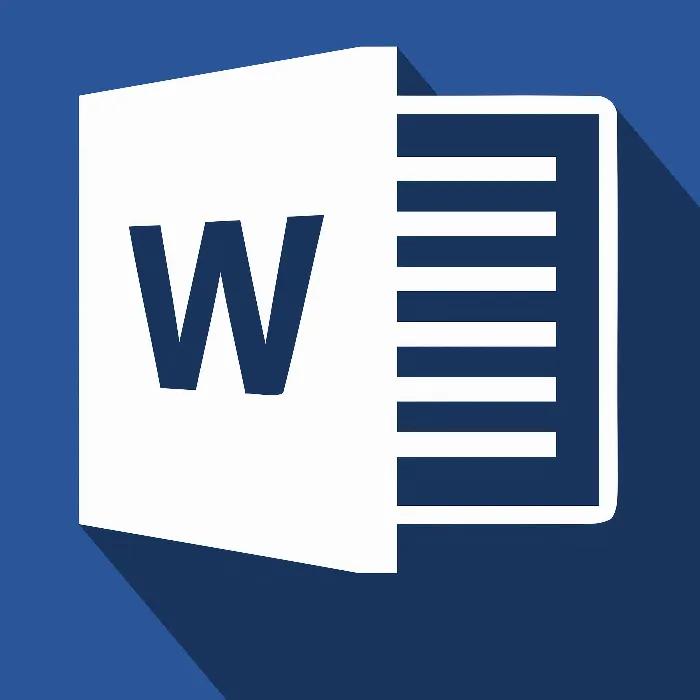Working with texts and documents can be time-consuming, especially if you often need to refer to specific sections or information. Bookmarks, links, and cross-references in Word help you simplify navigation through documents and structure your content more efficiently. In this guide, you will learn how to make the most of these features.
Key Insights
- With links, you can reference external sources, parts of documents, or email addresses.
- Bookmarks allow you to mark specific spots in the document and link to them later.
- Cross-references enable linking between different sections or bookmarks in the document.
Inserting Links
To insert a link in your Word document, follow these steps:
First, open the Word document where you want to create a link. Select text or a section of an image that you want to link. Then click on the "Insert" menu. There you will find the option to add a link.
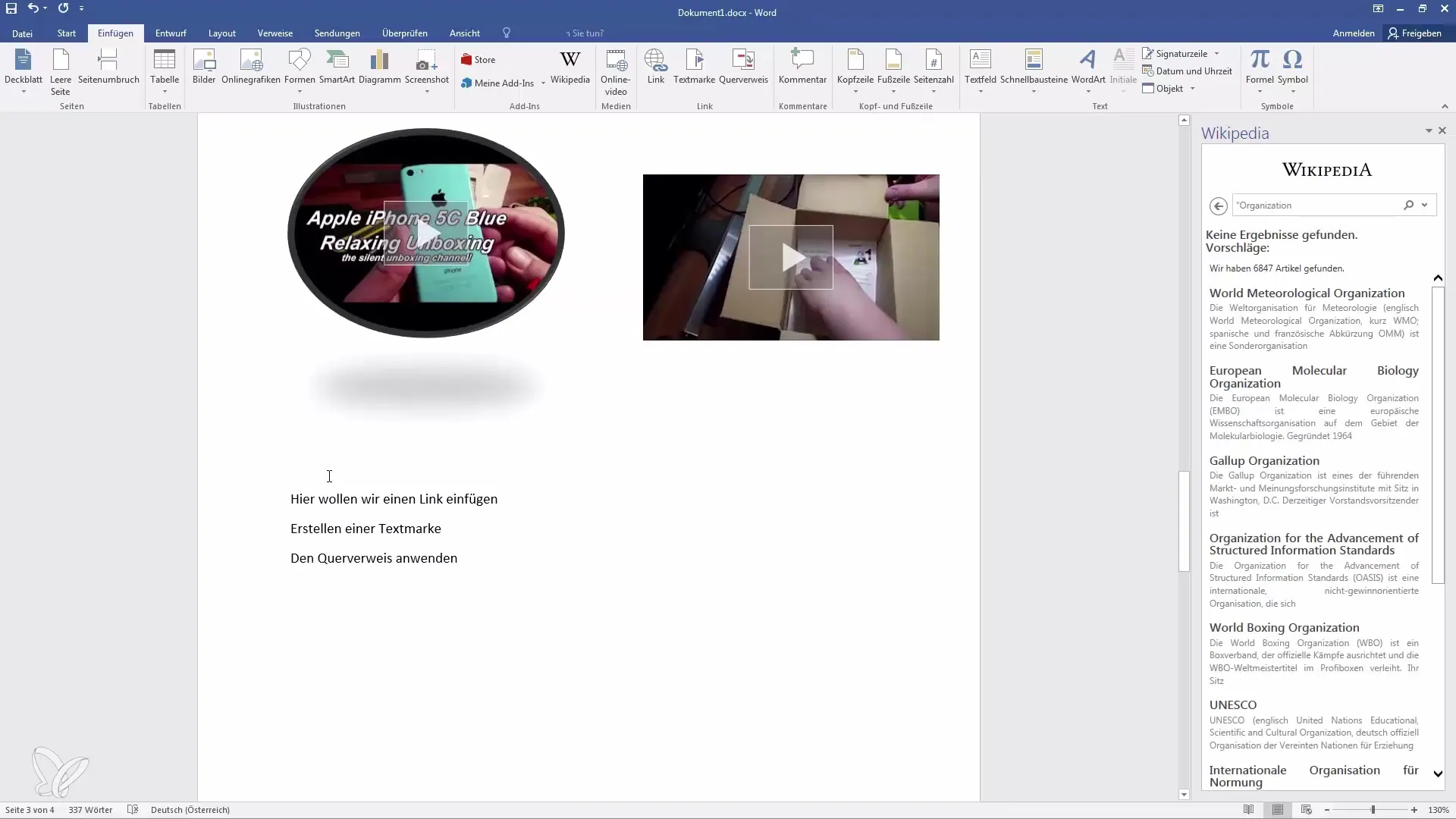
In the dialogue box that appears, you have the option to select different types of links. You can create a link to a web address, a file, the current document, or an email address.
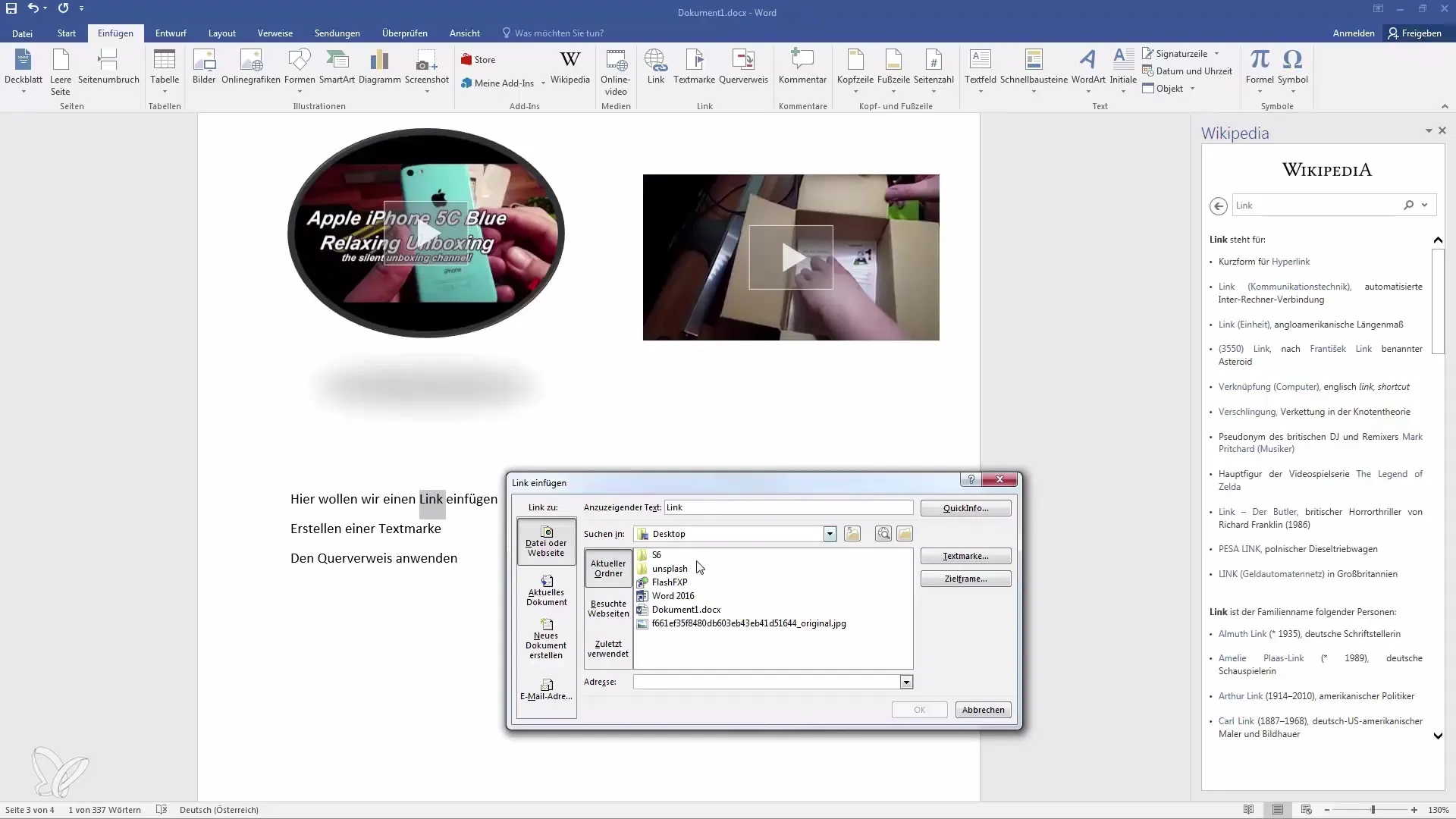
To illustrate how the link works, I'll show you how to use a link to an image file. If you have an image in your document, select it and click "Link" again. Specify the location of the image file and click "OK." The link will now be inserted into your document.
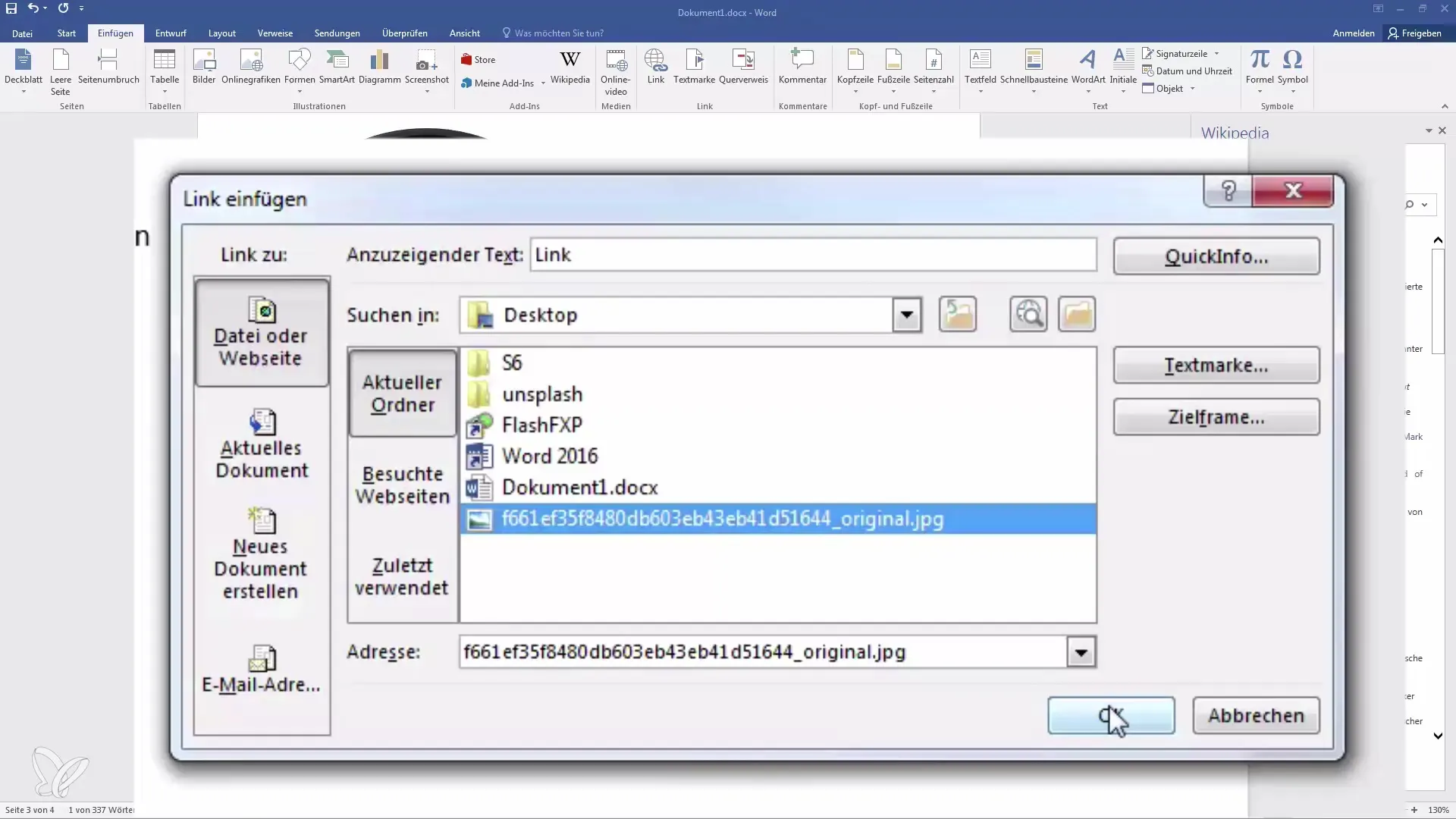
If you hold down the Ctrl key and click on the link, the image will open automatically in the corresponding program, depending on the file format. For a URL, a browser will be launched to display the webpage.
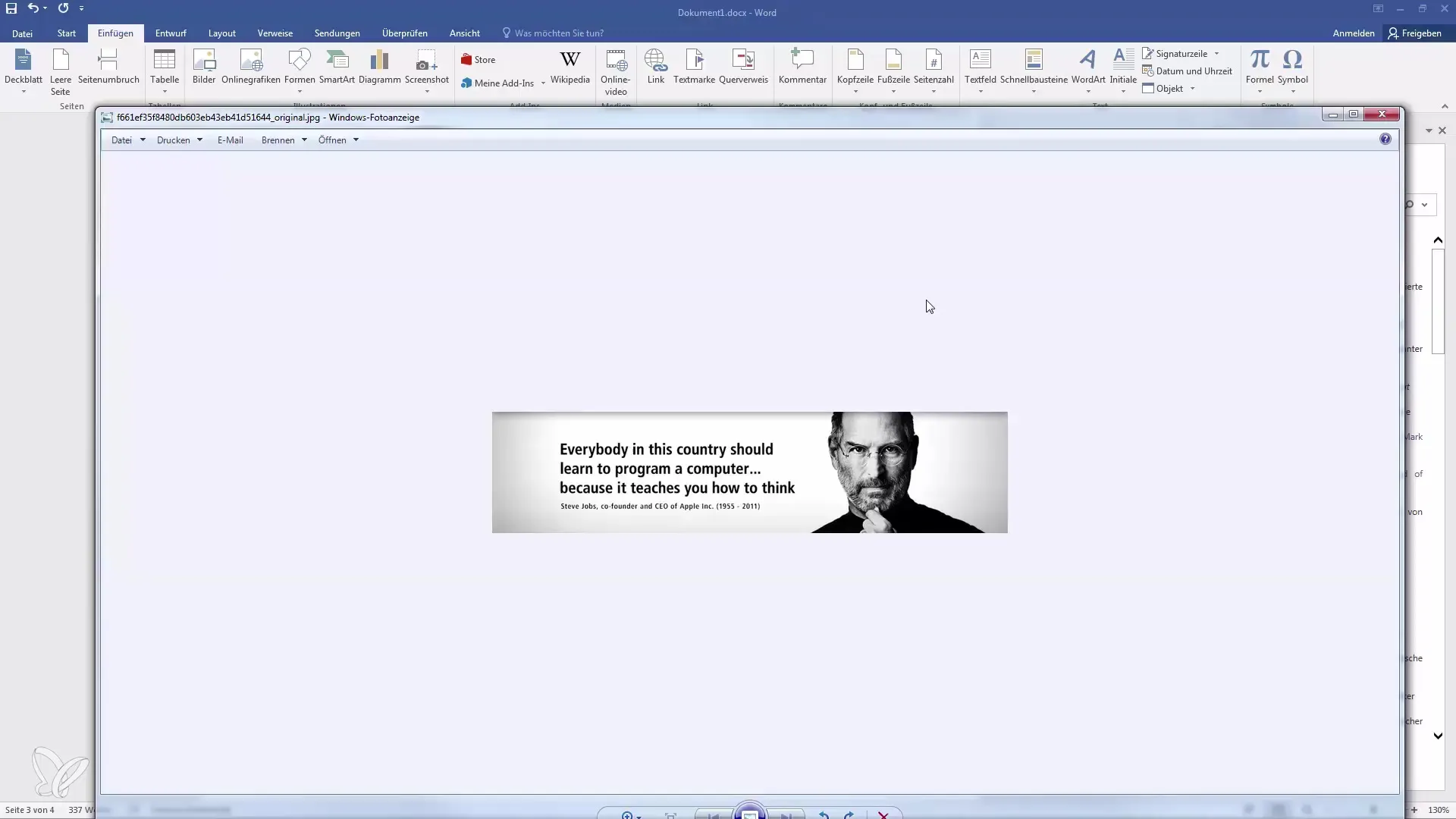
Creating Bookmarks
To further refine the document, you can now add bookmarks. Bookmarks are particularly useful for enabling jumps within the document. Select the text you want to mark as a bookmark and go to "Insert" in the menu. Click on the "Bookmark" option and give the bookmark a name, e.g., "Airplane."
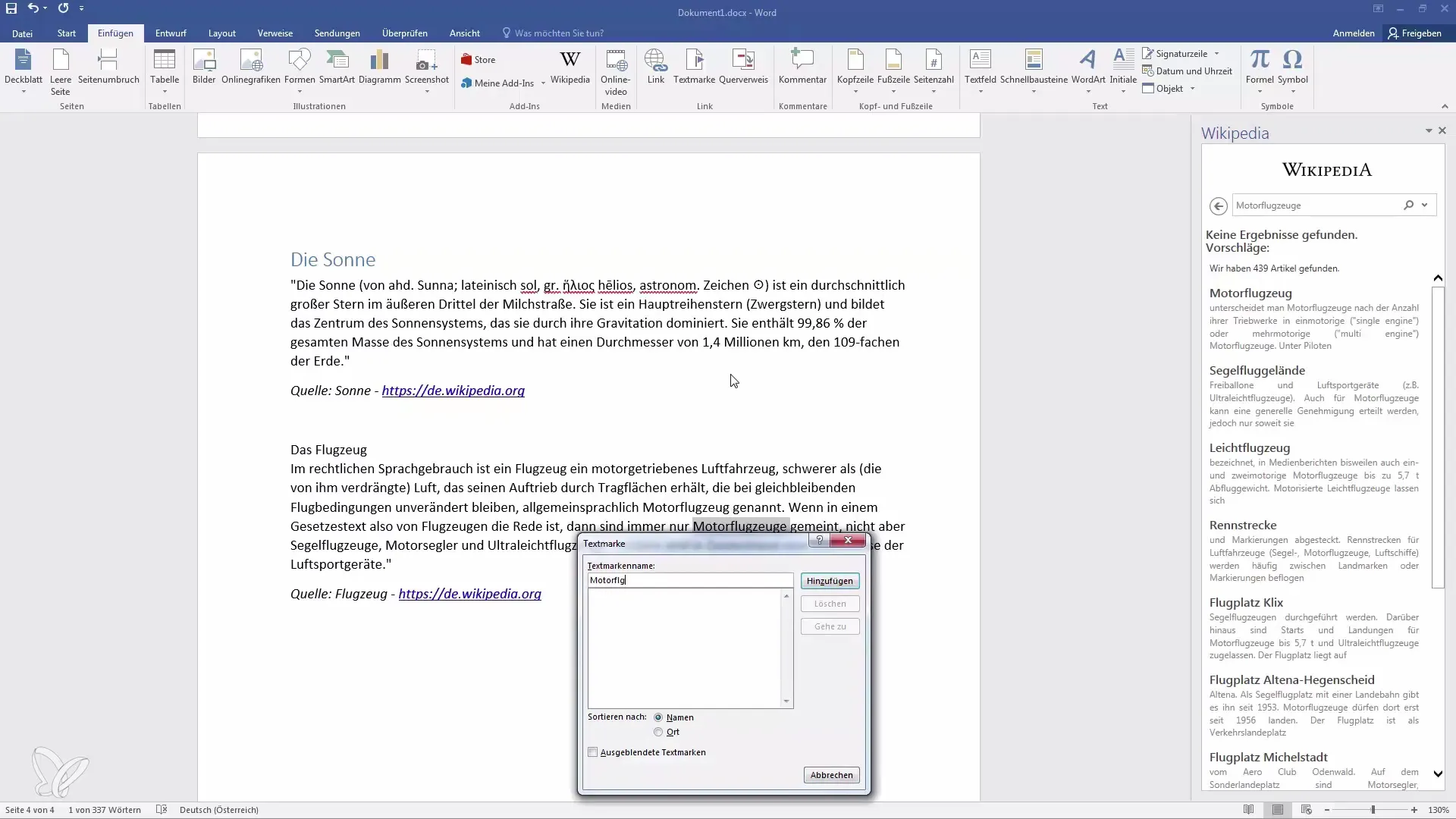
The bookmark will be invisible to you, but you can use it later to link to it. To create a link to this bookmark, go back to "Insert" and choose "Link."
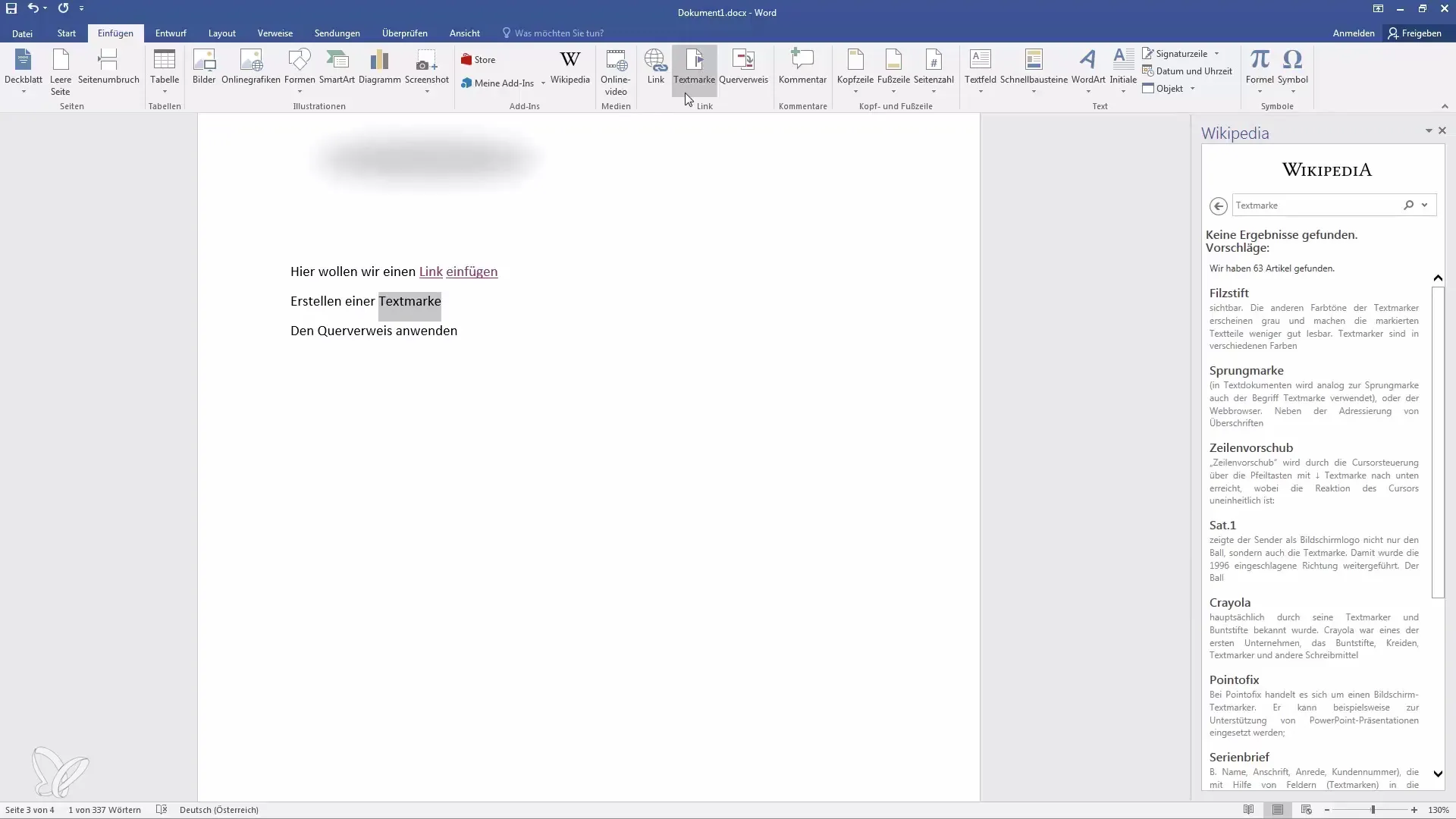
Now you have the option to search your current document and find the bookmark you created earlier. Once you have set the link and click while holding down the Ctrl key, the cursor will jump directly to the marked paragraph.
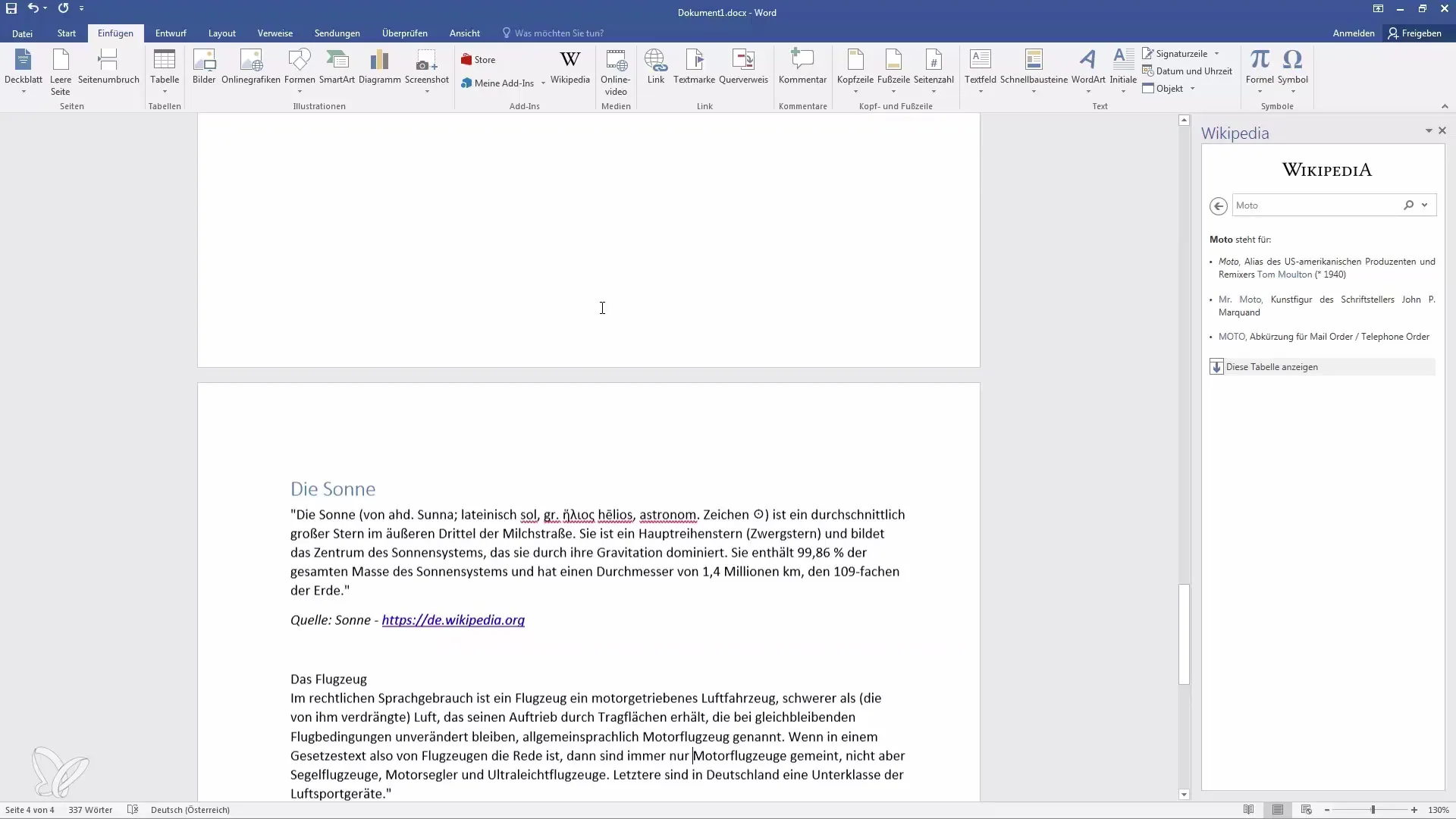
Using Cross-References
After learning the basics of links and bookmarks, the next step is to create cross-references. Cross-references allow you to refer to bookmarks or paragraphs within the document. Click in your document on "Insert" and then select "Cross-reference."
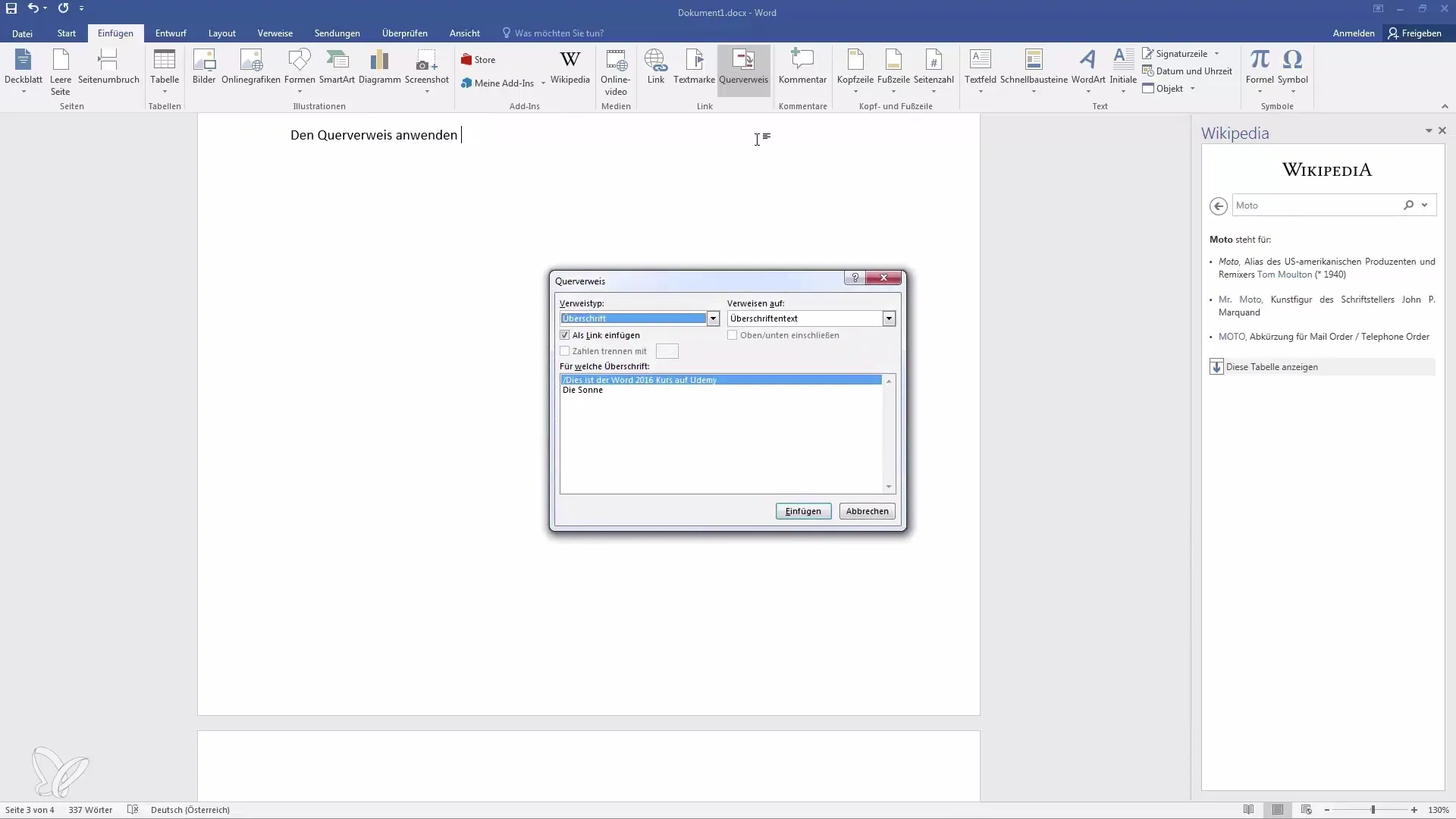
In the cross-reference dialogue box, you can select what you want to insert – usually a heading or a bookmark. Choose the type you want to insert. In most cases, you will want to use the content of the bookmark.
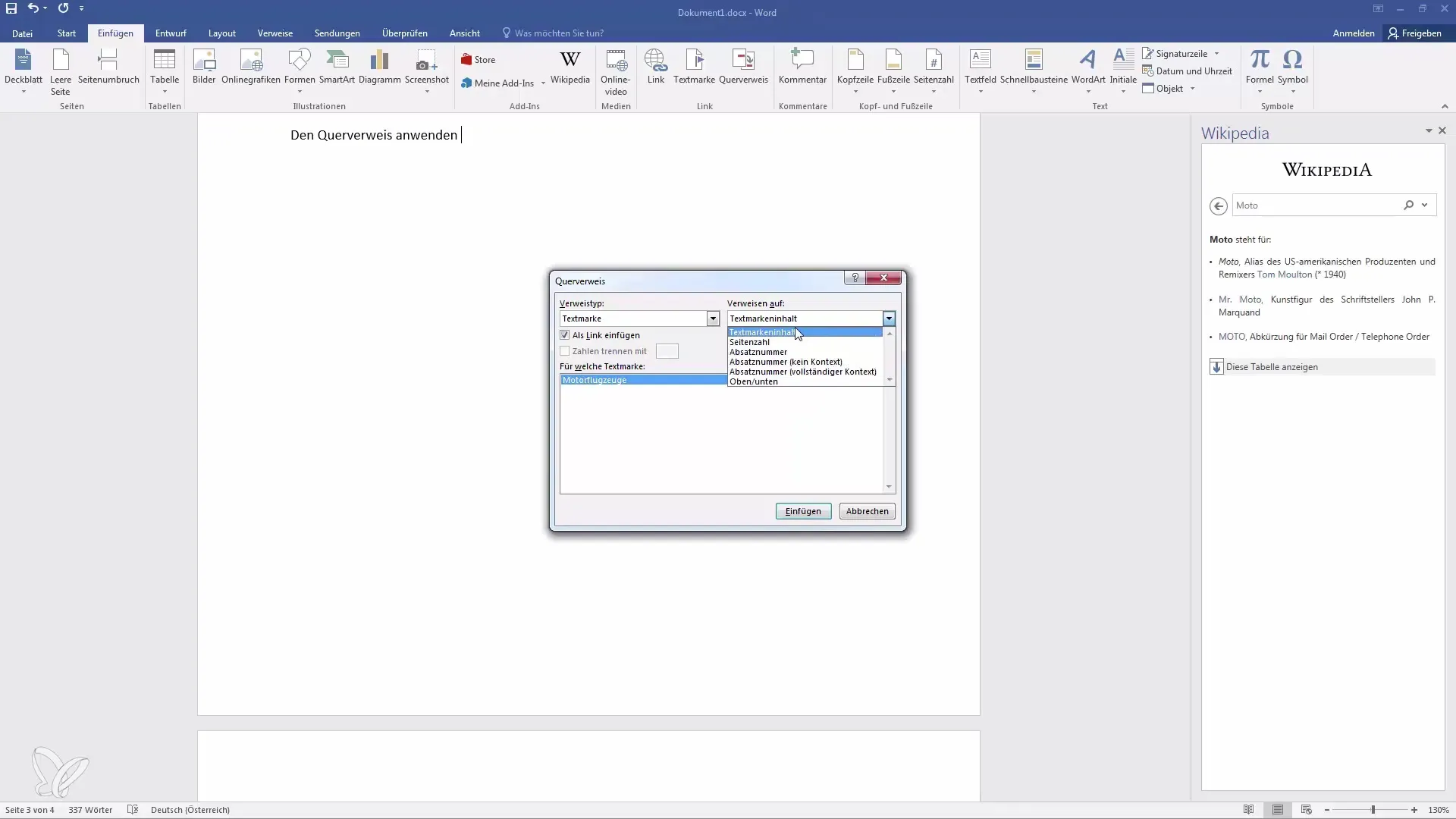
Once you have set your cross-reference, a link will be automatically generated. If you have many bookmarks or cross-references, this process is particularly useful for navigating the document.
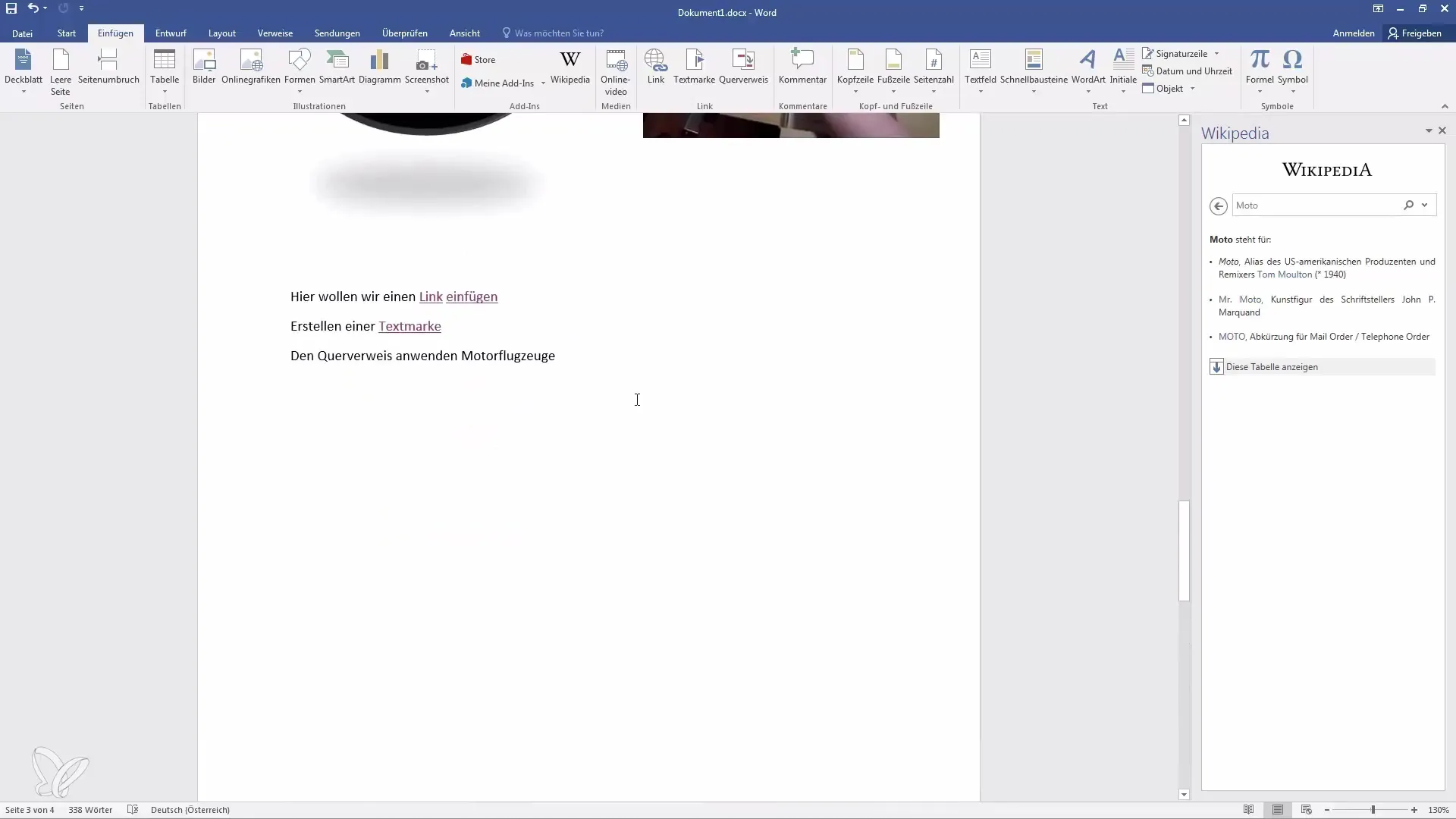
Then you can also create a table of contents. You select the cross-reference again and specify that you want to display the overview of the headings. Click on Insert, and the corresponding content of your heading will be added.
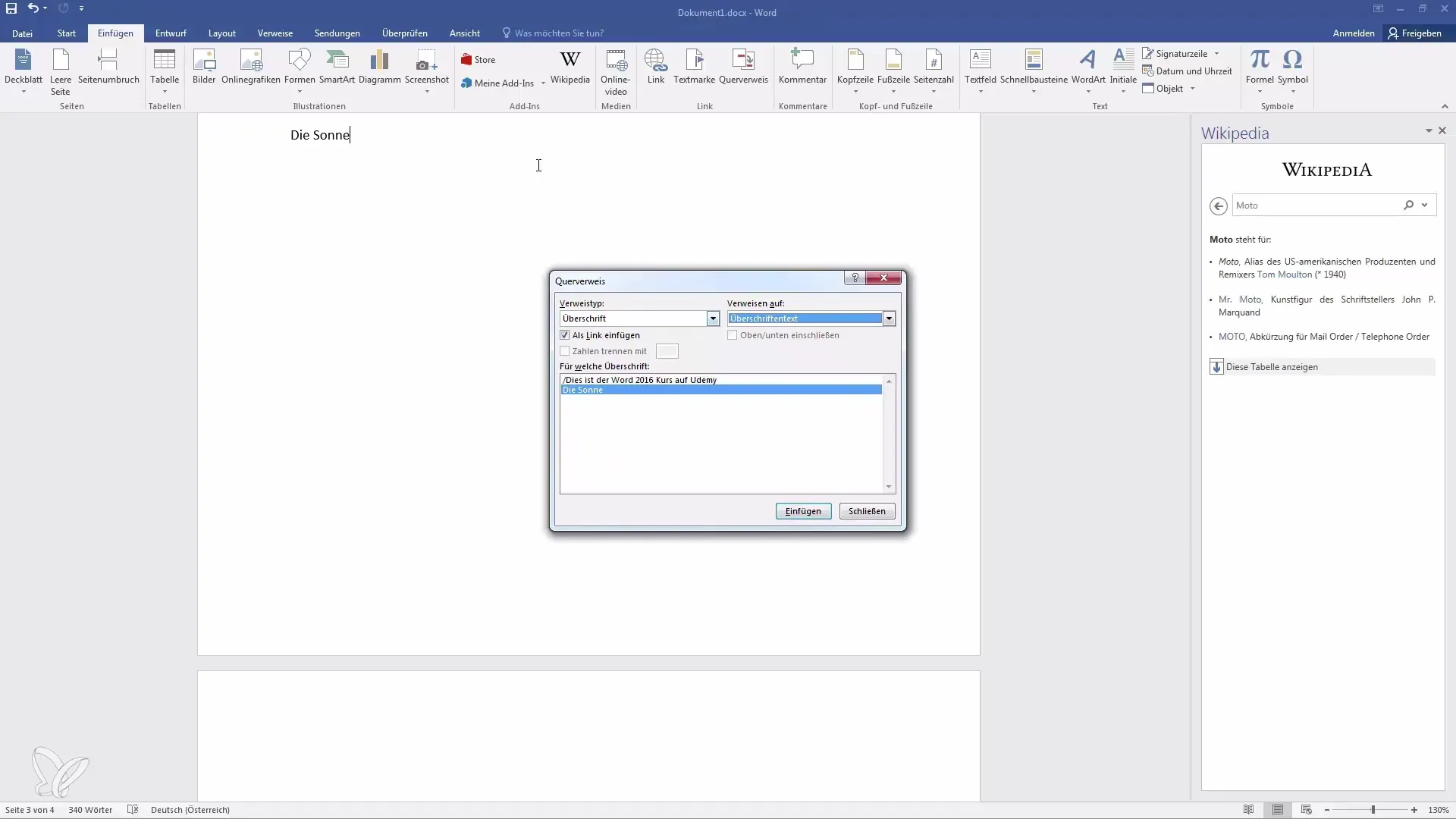
Summary
By mastering these functions in Word, you can structure your documents more clearly and significantly increase the efficiency of your work. Links, bookmarks, and cross-references are powerful tools that help you quickly find content and efficiently navigate between different sections within your documents.
Frequently Asked Questions
How do I insert a link to a website in Word?Go to "Insert", click on "Link", choose "Web address" and enter the URL.
Can I edit bookmarks at any time?Yes, you can add, modify, or delete bookmarks at any time.
How does a cross-reference work?A cross-reference refers to a bookmark or a paragraph in the document that are linked by a link.
